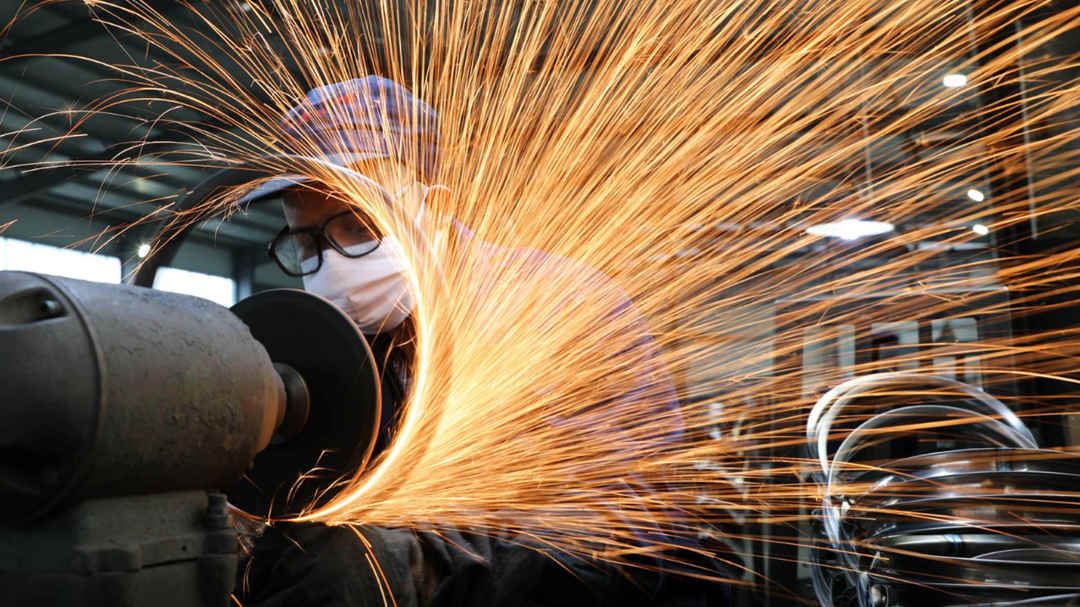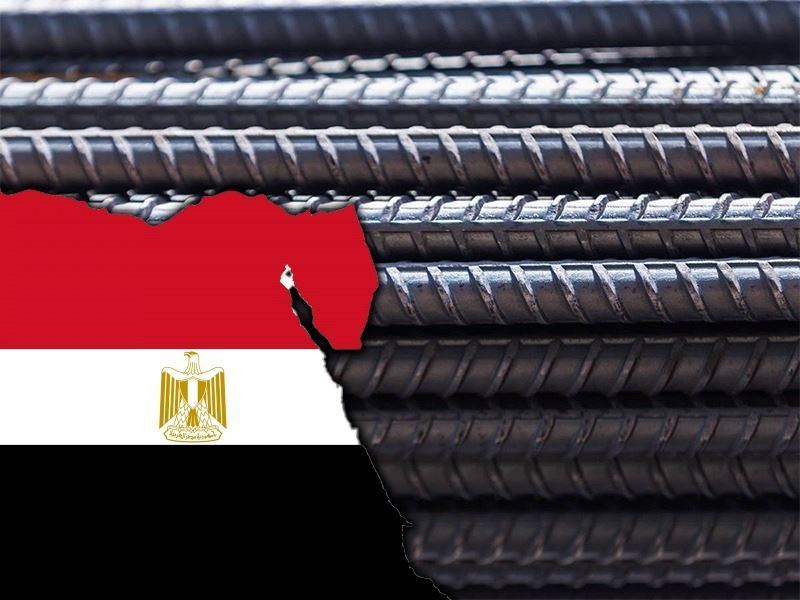China's steel sector Purchasing Managers' Index (PMI) stood at 48.2 in November, up 2.6 percentage points from the previous month and the highest level since August this year, according to the latest release from the country's official index regulator, the Steel Logistics Professional Committee (CSLPC), on November 30.
CSLPC said the domestic steel sector witnessed steady activity in November as demand recovered moderately, output increased and both raw material and finished steel prices rose.
In particular, the sub-index for new steel orders rose for the third consecutive month in November, up 4.7 points month-on-month to 49.7, indicating that although the steel industry started to enter the off-season this month, market demand recovered moderately from the previous month, supported by various favorable factors, according to CSLPC.
For example, China's infrastructure projects gained momentum as the country issued an additional 1 trillion Yuan ($140.5 billion) worth of special treasury bills, efforts to ensure timely property delivery strengthened with policy support, and major steel-consuming sectors such as automobile and shipbuilding maintained steady operations, all of which led to a recovery in steel demand this month, the committee said.
China's domestic steel output sub-index halted a three-month decline and rose 4.6 percentage points month-on-month to 48 in November as steelmakers' production enthusiasm was boosted by better demand from downstream sectors and a relatively relaxed production control policy for the winter season, the CSLPC said.
Meanwhile, the sub-index for steelmakers' raw material purchase prices jumped by a significant 17.7 points month-on-month to 77, the committee said, adding that steelmakers' production costs rose rapidly as iron ore prices performed strongly and the prices of other steelmaking materials such as coke and steel scrap continued to rise.
Looking ahead to December, the committee forecasts that the contraction in steel demand as cold weather hits the country and authorities tighten their supervision of the iron ore market will lead to downward fluctuations in the prices of steelmaking raw materials, causing steel prices to retreat from recent highs and steelmakers' output to fall further.











Comments
No comment yet.